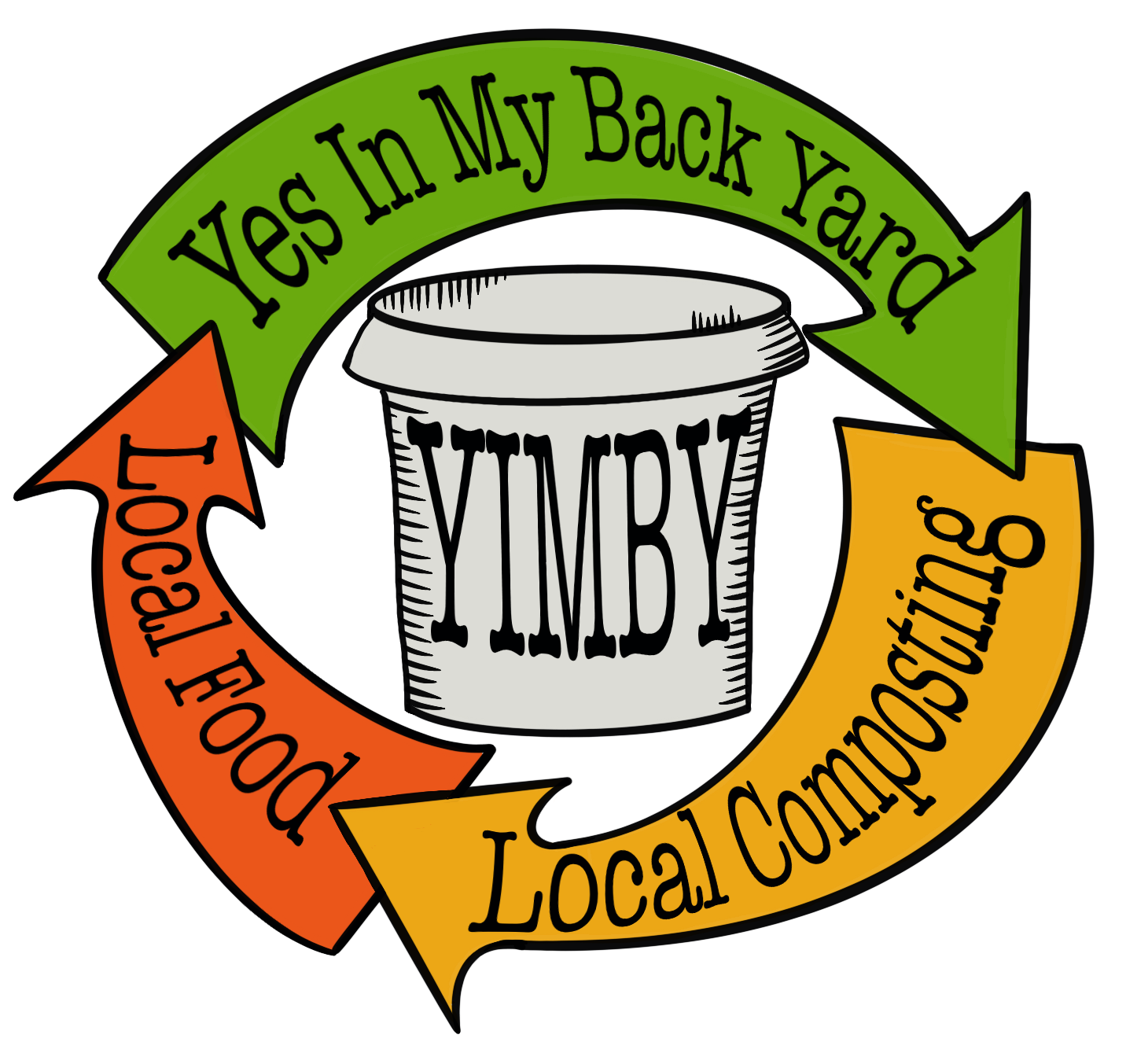Hot or what?
Why Hot Composting is so Great!
There is a fever that gardeners catch once they have made their first successful hot compost pile, it can be quite contagious, and the benefits of hot composting are formidable, let’s have a look at five of them.
When our compost starts reaching 55 degrees Celsius and over for at least three days, we know the blend of our ingredients is balanced enough to get the composting microbes in our pile multiplying in such crazy profusion things get steamy.
Hot compost is a sign that we are getting our compost in balance.
When our compost starts reaching 55 degrees Celsius and over for at least 3 days, we know the blend of our ingredients is balanced enough to get the composting microbes in our pile multiplying in such crazy profusion things get steamy.A hot compost pile is too hot to handle for all our unwanted organics.
Pathogens (disease-causing organisms), weeds (seeds, roots, tubers and rhizomes) and even garden pests and diseases are all cooked off by the heat of hot compost.
WARNING: Only effective in monitored, turned, hot compost piles that achieve 55 degrees Celsius + for at least 3 days through the pile. Don’t put noxious weeds, diseased or infested fruit or leaves and pathogen laden materials into a cool compost pile!Hot compost stops rats and mice eating the best ingredients.
Once our piles are at or over 55 degrees, food waste can be put right into the hot core of the pile and rodents can’t get those desirable titbits, but the microbes can - win win.Hot compost piles just go faster!
Faster is not always better, but cool compost takes the best part of a year to fully mature, so being able to finish a compost bay in under half that time saves garden space and gets you a higher turn-over of that black gold.Getting food scraps out of landfill is the big win.
But hot composting, with its aerobic conditions, is actually better for our carbon footprint than cool composting, producing lower levels of the potent greenhouse gasses methane and nitrous oxide.
So, there you have five great reasons to think about turning your compost skills up to ‘HOT’.
If it all sounds overwhelming, don’t worry, not everyone has to be a composter, and hot composting is not the only approach.
Next week we’ll be looking at the benefits of carbon capping.
AUTHOR: JOEL MEADOWS
Joel Meadows works with *Yes In My Back Yard, (YIMBY), a community-scale composting initiative in Castlemaine and surrounds. Send questions or comments to hello@yimbycompost.com
This story was first published in Midland Express on 8/08/2023. Read it at this link

